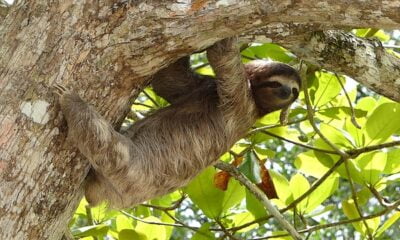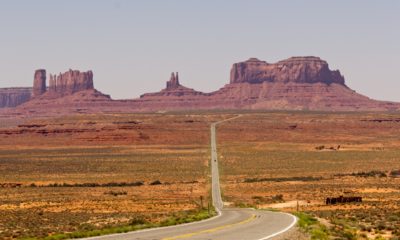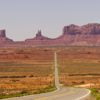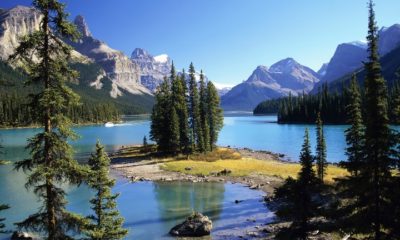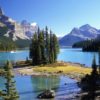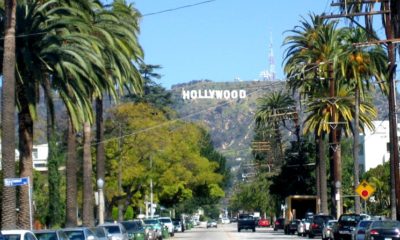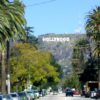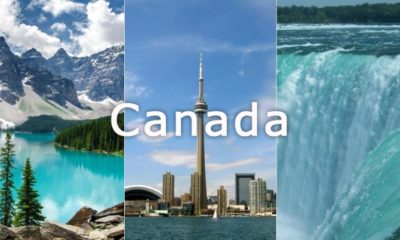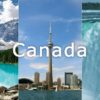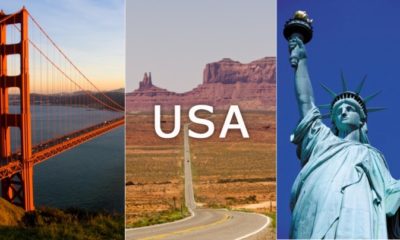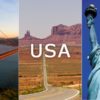North & Central America
Backpacking El Salvador Need To Know
Basics
Language:
Capital:
Currency:
|
Dial Code:
International Access Code:
Emergency Services Number:
Time Difference:
|
Entry
El Salvador is party to the Central America Border Control Agreement (CA-4). Under the terms of this agreement, tourists of certain nationalities (including all EU nations, Americans, Canadians, New Zealanders and Australians) may travel within any of the CA-4 countries (Honduras, Nicaragua, El Salvador and Guatemala) for a period of up to 90 days, without completing entry and exit formalities at border Immigration checkpoints. The 90 day period begins at the first point of entry of any of the CA-4 countries. You can apply for an extension of up to 30 days by paying a fee before the 90 days limit expires. If you’re expelled from any of the 4 countries you are also excluded from the entire CA-4 region.
A visa is not needed for citizens of eligible countries of the CA-4.
Yellow fever vaccination is required for travellers arriving from countries with risk of yellow fever transmission.
Your passport should be valid for a minimum period of 6 months from the date of entry into El Salvador.
For official information visit your home government travel bureau.
Getting Around
Public buses (repainted US school buses) are not safe; private inter-city buses are generally safer, although attacks can also occur on these; only use reputable coach companies; for shorter trips within towns and cities take radio or hotel taxis; don’t use unofficial taxis.
More detail is to come in this section, but you can read about general advice regarding Getting Around When You Get There
Accommodation
El Salvador has hostels in major cities and tourist areas.
The average price of a hostel is $6-12 (£4-8) a night. Hotels can also be relatively cheap, but vary in quality.
All hostels in El Salvador will provide linen and bathroom facilities. Usually there will be internet facilities as well as common and laundry rooms.
Read more about Accommodation When You Get There and Living in Hostels
Food And Health
Food hygiene and safety is satisfactory, but isn’t up to Western standards. Use your instincts; if the place looks dirty, don’t eat there; if your food isn’t piping hot, don’t eat it.
Water is generally not safe to drink, so it is best to buy bottled or boil.
Medical facilities outside the capital San Salvador are generally basic. State-run hospitals are on the whole under-staffed, under-funded and ill-equipped. Use private clinics and hospitals whenever possible. Make sure you have adequate travel health insurance and accessible funds to cover the cost of any medical treatment abroad and repatriation.
Mosquito borne viruses are present in El Salvador, so you should take steps to avoid being bitten by mosquitoes. Always contact your GP around 8 weeks before your trip to check whether you need any vaccinations or other preventive measures. Visit here for Recommended Vaccinations and read here for more about Travelling Health In General
Weather & Time To Go
The climate is tropical, so very hot and humid throughout the year. It is best to visit in the dry season; December to May. The rainy season runs from June to November.
Communications
Internet and wifi is widespread and accessible in most hostels. Local pay-as-you-go SIM cards for your mobile phone and international calling cards are cheaply available.
Dangers And Considerations
El Salvador has one of the highest crime rates in Latin America. Petty crime is a problem and there have been several more serious attacks on tourists including robberies and assaults.
Take particular care in downtown San Salvador, other towns or cities, or if you are travelling on roads outside of major towns and cities after dark. The following areas within San Salvador are safer than others at night, but you should still take care: Escalón, San Benito, Zona Rosa, Maquilishuat, La Gran Via and Multiplaza
Read more about Safety And Security in general here.
Foreign visitors can be targeted by scam artists. If something sounds too good to be true, then it probably is.
Protests are common, you should avoid all public gatherings and mass demonstrations, as they can sometimes turn violent.
El Salvador has a number of active volcanoes. Seek local advice before climbing any volcanoes in El Salvador and monitor local media for any updates on increased volcanic activity. When climbing volcanoes or walking in remote areas, it is safer do so in daylight hours and with a tour guide.
You should avoid swimming on isolated beaches due to strong undertows.
Dangers constantly change. Always check with your foreign office (British Foreign Office webpage) or travel advice bureau for the latest information regarding your destinations safety.


